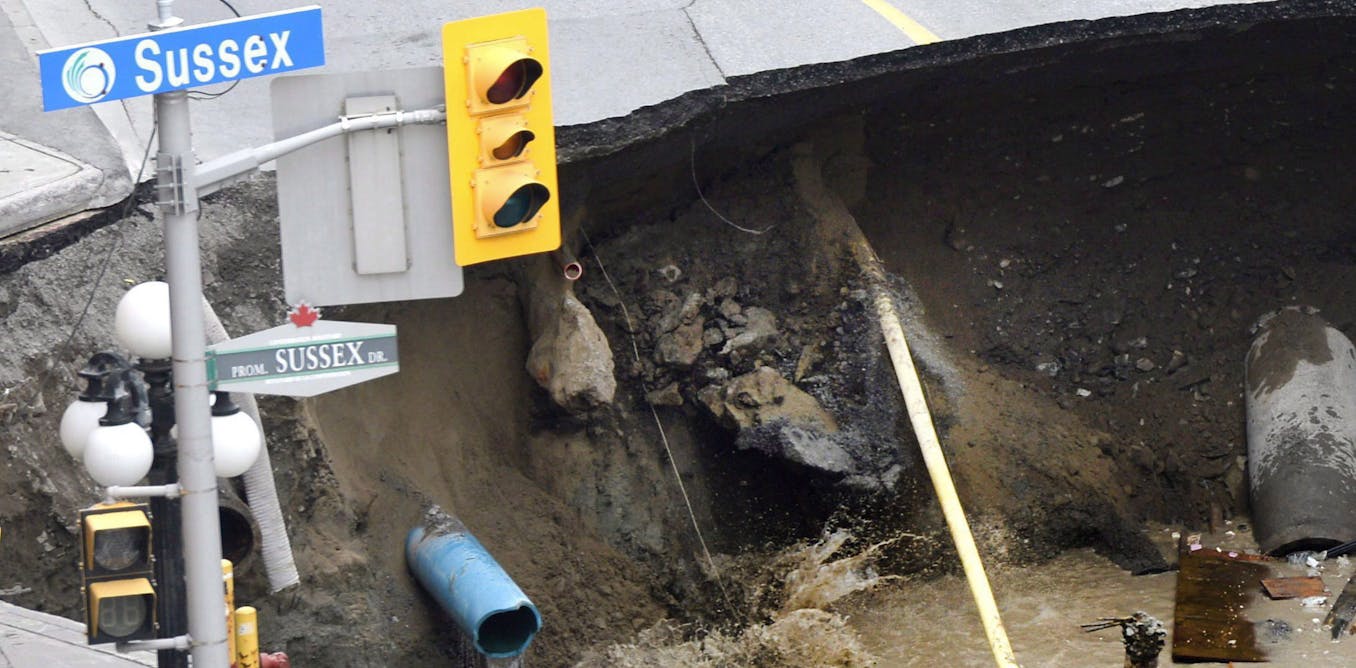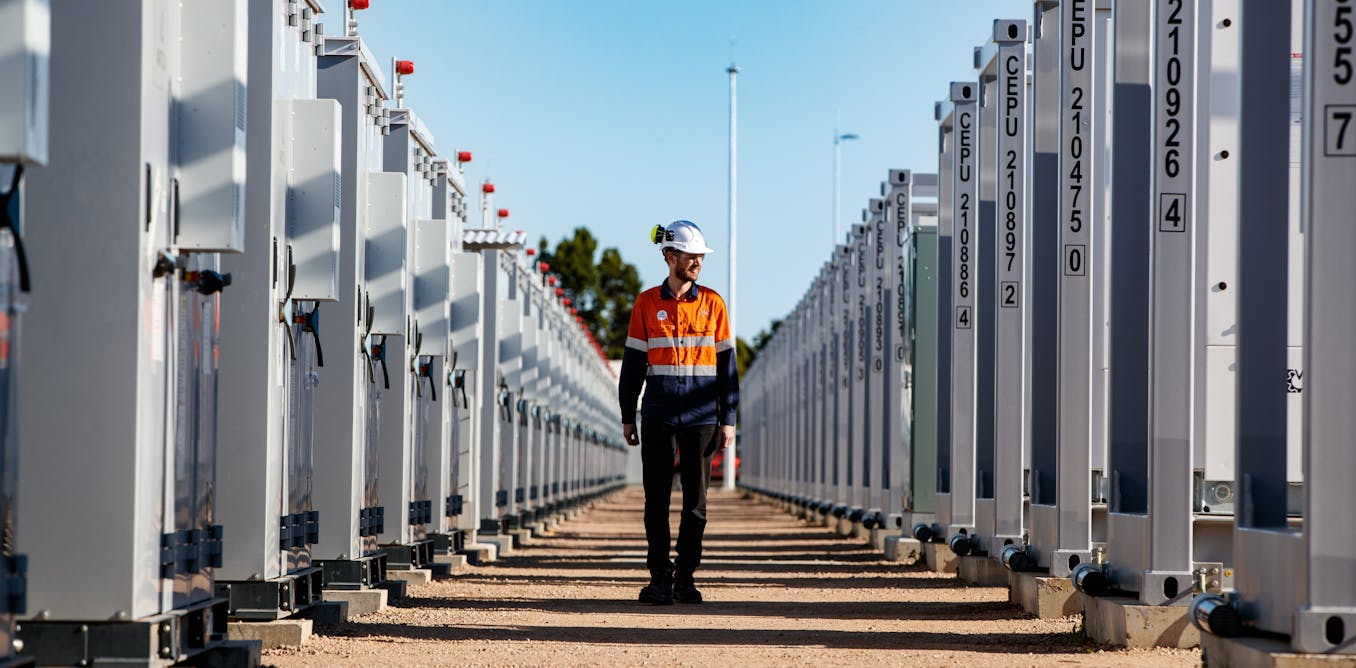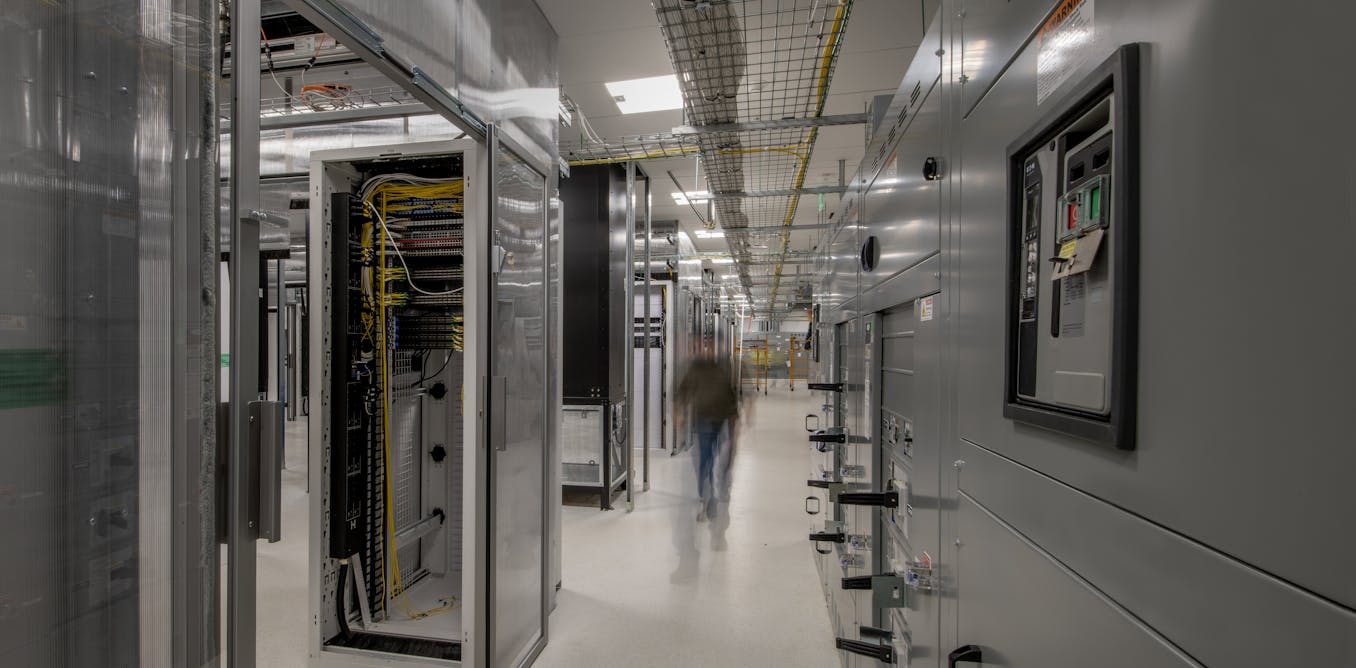When Nate Bargatze set the attendance record at Nashville’s Bridgestone Arena last year, the comedian quickly figured out how to ensure his milestone stood: “I stole one of the chairs from Bridgestone,” he told Jimmy Fallon. “I have the record, so if I take one of the chairs home, no one can break that record.”
Bargatze need not have resorted to such measures, joking or not, as he is seeing an attendance surge that has him breaking records and filling arenas across the country on the Be Funny tour, which started in January 2023 and has sold more than 1 million tickets.
In Billboard’s Mid-Year Boxscore Report, Bargatze’s outing ranked as the No. 1 comedy tour, ahead of those by fellow comics like Adam Sandler, Tina Fey and Amy Poehler. For overall ticket sales, Bargatze came in at No. 12, narrowly behind such acts as P!nk, Coldplay, Madonna and U2. But he is likely taking home a much bigger percentage of the gross: Unlike music acts, who aim to net 30% of the gross, comedians in general have a much lower overhead and generally net between 50% and 60% of the gross, according to industry sources.
As impressive as the numbers are, even more staggering is the rapid growth Bargatze, 45, is experiencing more than 20 years into his stand-up career. His 2023 shows averaged a gross of $240,000 from 3,612 tickets sold per show, according to Billboard Boxscore. As he progressed from theaters to arenas, his 2024 shows have averaged $781,000 gross from 11,429 tickets per show.
Bargatze is still digesting the boost in his popularity, which he attributes to social media, word of mouth, his specials on streaming services — including “Hello World,” which debuted last September on Amazon Prime Video — and, especially, hosting Saturday Night Live in October, which created “a giant, giant leap” in his career, he says. “It was my first kind of thing really on [a mainstream platform] and it just sent it to a completely new level.” (Bargatze’s “Washington’s Dream” sketch was the second most watched SNL sketch of the season, with more than 9.4 million views, according to NBC.)
In an election year that feels increasingly mean and polarizing, Bargatze’s humor is decidedly apolitical, clean and relatable. His storytelling, delivered in a low-key, deadpan manner, is observational. If there’s a butt of the joke, it’s usually him and his feigned cluelessness.
The response he gets from the people who come to see his family-friendly shows assures him he’s on the right track. And for those times when he thinks “maybe I need to say something” or speak out on an issue, the appreciative feedback he gets from fans who feel uplifted by his gentle humor convince him he does not. “The world is serious. There’s plenty of people and information. You can go get whatever you want to go get. You do not need me to also add to that,” he says. “What I believe I need to do is be entertainment that you can go to as an entire family.”
In fact, he says some of his favorite moments are when he looks out into the audience and sees multiple generations sitting together. “I love when I can see a family sitting there, and if I start talking about my age, I can see the whole family look at the dad or look at the mom,” he says. “And when I talk about my parents, see them look at the grandparents. I love the connection that they’re like, ‘That’s you’ or ‘That’s me.’ That’s the best part.”
Appealing to a multi-generational audience is one of Bargatze’s greatest strengths, says Joe Schwartz, comedy touring agent at United Talent Agency, who has worked with the Brillstein Entertainment Partners-managed Bargatze for more than 10 years and handles his bookings with UTA partner/head of comedy touring Nick Nuciforo. “The style of comedy that he’s doing lends itself to being so broadly appealing,” Schwartz says. “That gives him such a major advantage over a lot of the other stand-up comedians working today.”
As Bargatze hit new tipping points — such as the Amazon special or hosting SNL — UTA planned accordingly when rolling out tour announcements, knowing the exposures would bump up demand for tickets. But the demand has exceeded even their initial expectations, with Bargatze often playing every day of the week but Tuesday, and sometimes playing more than one show a day on the weekend. “We were holding additional dates where necessary, making sure the show times were at the hours that we knew would be best for that multigenerational audience,” Schwartz says. “We don’t do 10:00 p.m. shows in these arenas. We do shows at 4:00 p.m. after he sells out the 7::00 p.m. because we found that his audience prefers that.”
Even during the COVID shutdown, Bargatze built his audience, first through drive-in shows and then 2021’s Netflix special, The Greatest Average American, which he taped outdoors (complete with the whirl of helicopters interrupting his set). He received his first Grammy nomination for the special’s comedy album companion.
Through it all, Bargatze has stayed focused on his craft, making incremental gains, preparing for when his big shot came. “You never know when all the eyes are going to switch over to you,” he says. “I’ve done this now for 21 years, so you just kind of keep doing what you’re doing — and then when the eyes end up hitting you, you need to be ready,” he says.
With an exhausting schedule, Bargatze also realized a number of years ago he needed to take better care of himself if he wanted to reach his goals. “I stopped drinking in 2018. I was starting to sell clubs out, and so we’re about to go to theaters [and] I wasn’t able to drink like a regular person.” he recalls. “I knew, ‘Alright, well, if I want to go to the level I want to go to, I have to get this out of my life or I’m not going to be able to get to that level.’ And I’ve seen that now, with even the training and the food.”
Bargatze grew up in Nashville and honed his comedy skills living in Chicago, Los Angeles and New York before moving back to Tennessee several years ago.
The son of a clown-turned-magician, Bargatze absorbed show biz tactics, though he didn’t realize it at the time. “My timing definitely comes from my dad,” he says. “He was working on his magic all the time. Even at home, he was doing it. So, subconsciously, you’re taking it in, like, ‘Well, if you want to be great at something, you have to do this all day long.’”
Though doing magic didn’t appeal to him, stand up did. And once Bargatze began stand up, “I was pretty exposed to already be kind of obsessed with it,” he says. “If you want to get to a high level, I mean, you have to be obsessed with it — you can’t just kind of have your foot half in. The longer I do it, the more I realized how much it was good for me to see that through my father.” His dad often opens Bargatze’s shows and frequently travels with him on the road, as does his mom.
His singlemindedness has always been apparent, says Schwartz. “For as long as I’ve been working with Nate, he has been so driven and so singular in what he has wanted to do. He has just devoted all the time and effort to becoming a great stand-up comedian. He has truly mastered the craft.”
In conversation with Bargatze that devotion to his technique is obvious. He intensely and thoroughly talks about the contrast between playing arenas on this tour, where he can draw out the jokes for his one-hour set, and then having to get back into the late-night television mindset to prep for Saturday Night Live by practicing in New York comedy clubs to come up with his tight, 8-minute opening monologue.
When Bargatze first began playing arenas several months ago, he utilized a traditional setup, with the stage at one end — but quickly changed to an in-the-round configuration to have a closer connection to the audience.
With the stage at one end, “the [audience] is so far away from you and it’s very easy for them to feel disconnected. But the round really changed everything because I’ve cut the distance in half from the farthest person,” he says. He also increased the size of the screens and put TVs on stage so even when his back is to people sitting in the front, they can see his face. “Comedy can work in arenas,” he says. “Weirdly, it can even work better. In a 2000-seat theater, you can’t see my face that great. But in an arena, I play to the cameras.”
He also adjusts his cadence each night. “When you’re doing the arena, it’s like music. My timing is based off their laughter, and it changes according to where you’re at. Every night, it’s a little different,” he says. But he also likes the challenge: “To keep 20,000 people’s attention, I love it. I love how hard it can be. You’re on kind of a tightrope. You’ve got to keep them intrigued the whole time. It’s amazing.”
In addition to Bridgestone’s record-setting date, Bargatze has broken comedy show attendance records at more than a dozen venues, as well as all-genre records. He set a total attendance record at Fairfax, Va.’s Eagle Bank Arena, selling 10,405 seats, as well as a single day ticket sales record at Kansas City, Mo.’s T-Mobile Arena when he sold 28,078 tickets for his two shows there.
The Be Funny tour ends Oct. 18. A streaming special filmed April 13-14 at Phoenix’s Footprint Arena will premiere this fall, and a companion album will come out through Capitol Comedy. Bargatze is the first artist signed to the new comedy imprint started by Universal Music Group Nashville.
Bargatze will take several months off from the road while he works on developing other projects, though Schwartz promises he’ll be back in 2025 with “the biggest, most impressive tour he’s ever done.”
Much of Bargatze’s time off from touring will be spent building out The Nateland Company, the umbrella content company geared toward producing family-friendly entertainment that he launched in October. Already off the ground is The Showcase, a six-part YouTube series filmed at Zanies Comedy Club in Nashville featuring up-and-coming comics, as well as three full-length comedy specials directed by Bargatze. The Nateland Company also houses Bargatze’s The Nateland Podcast, which is in its fourth year, and Bargatze has his eye on developing scripted tv and film projects.
Ultimately, Bargatze is aiming for a career and a production company that builds on his nice guy, everyman stand-up image, where fans know what to expect no matter how big his universe expands and what roles he may take on next.
“I tried to do auditions at the beginning and it was hard. I can [only really] be me. And so if you don’t want this, then it’s not going to completely work out,” he says. “I see Adam Sandler and [Sandler’s production company] Happy Madison … I love that, where Adam Sandler goes and he’s him. You know what you’re getting when you’re in his world. He did Uncut Gems, and he can do all that other stuff and maybe there will be stuff like that down the line, but I gotta get some stuff on the board. The only thing I’ve really had is Saturday Night Live as a thing outside of stand-up comedy. So, there’s a lot of things that I need to get on the board and get moving forward.”
As he builds the Nateland empire, Bargatze feels confident that the audiences he plays before every night prove there is great demand for the kind of humor he and his fellow like-minded comics provide. The proof of concept is there in his hundreds of sold-out shows around the country. “This direction is working, so I want to keep going in this direction,” he says. “I’m in every town in America, and I’m just telling you, it seems to be working.”

The post “Comedian Nate Bargatze on Breaking Arena Records, Going Viral From ‘SNL’ & Staying Non-Political: ‘You Don’t Need Me to Add to That’” by Melinda Newman was published on 07/29/2024 by www.billboard.com






































Leave a Reply